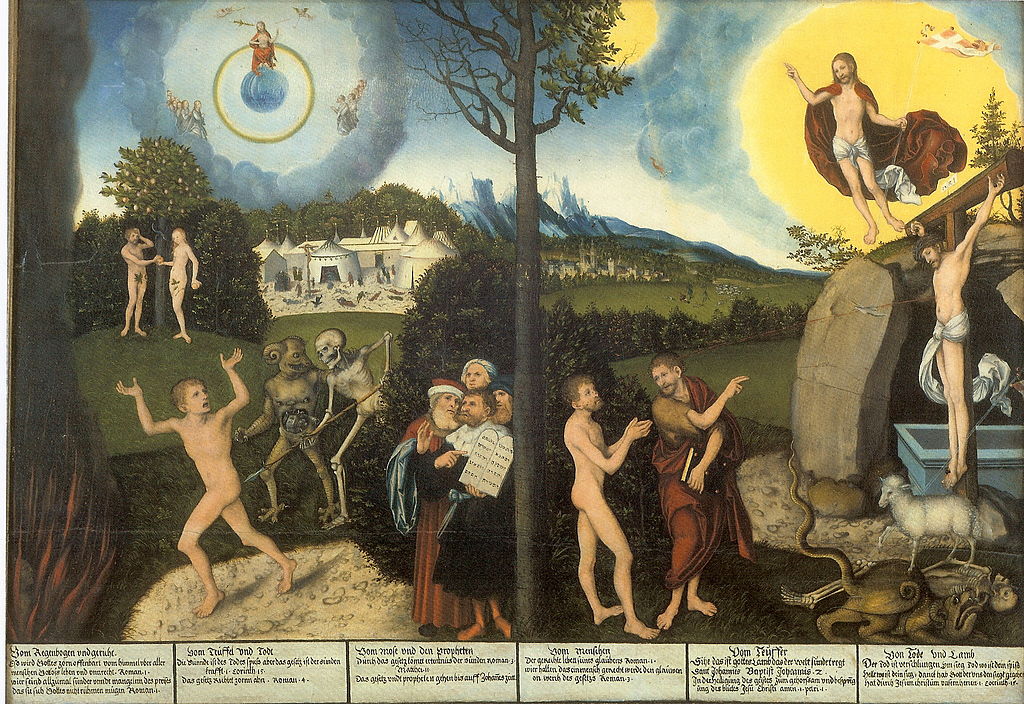My musings today are a bit tangled, but I’ll see if I can unravel them at least to the point of semi-intelligibility. Sometimes that’s as good as it gets with me and the Bible.
This morning I read again the story of Esau discovering that Jacob has stolen his blessing (Genesis 27: 30-45). I felt Esau’s anguish and dismay so keenly today. His voice is especially strong in verses 34 – 38:
When Esau heard the words of his father, he cried out with an exceedingly great and bitter cry, and said to his father, “Bless me, even me also, O my father!” But he said, “Your brother came with guile, and he has taken away your blessing.” Esau said, “Is he not rightly named Jacob? For he has supplanted me these two times. He took away my birthright; and behold, now he has taken away my blessing.” Then he said, “Have you not reserved a blessing for me?” Isaac answered Esau, “Behold, I have made him your lord, and all his brothers I have given to him for servants, and with grain and wine I have sustained him. What then can I do for you, my son?” Esau said to his father, “Have you but one blessing, my father? Bless me, even me also, O my father.” And Esau lifted up his voice and wept.
That last cry “Have you but one blessing, my father?” gave me pause. In my mind “father” became “Father” and I thought about God’s blessings, and how with God there is always more–more grace, more love, more peace and joy. You will never approach the throne of grace to hear, “Sorry, all out of blessings. I gave my last one to the guy in front of you in the line.”
And that led me to another thought. From time to time I hear people express something along the lines of what they call “supersessionism” or “replacement theology,” usually meaning that the Church has replaced the Jews in God’s affection and plans. It all has to do with our trying to sort out the relationship between the Law and Grace (both of which come from God), and our wondering if God ever changes his mind or takes back a promise. These are thorny issues–wicked problems perhaps–or they seem that way whenever we try to figure out eternal mysteries in a temporal world. I’m not equipped to render judgement on such topics, but I do wonder if, while pondering how salvation works, we sometimes think God’s blessings are limited like Isaac’s.
Jacob and Esau. Neither one of them comes out looking like a saint, but they seem so very human. Two brothers, two nations, contending from their birth. Fighting over all the things we always fight over: love, attention, limited resources, power. Scarcity brings out the worst in us it. May God’s endless love bring us to better than we can ask or imagine.



